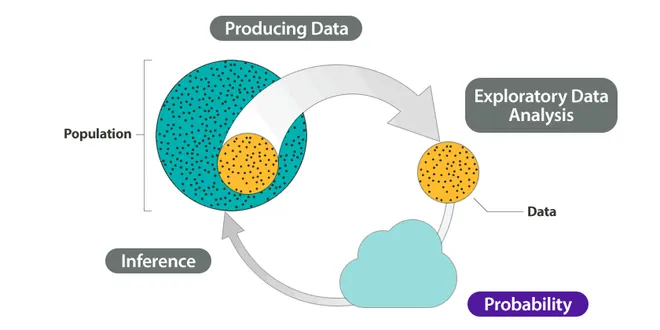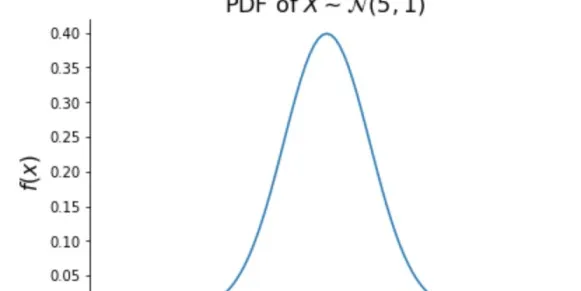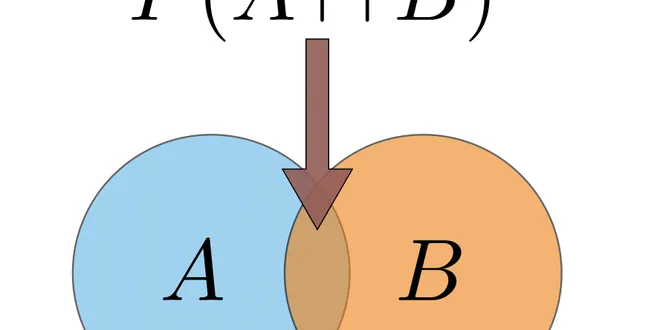probability-theory
Probability theory is a branch of mathematics that deals with the analysis of random phenomena and uncertainty. It provides a framework for quantifying the likelihood of various outcomes, enabling predictions and informed decision-making in uncertain situations. Originating in the 1600s with mathematicians like Pascal and Fermat, probability theory intersects with various fields, including statistics, data science, and machine learning. By understanding key concepts such as probability spaces, events, and conditional probabilities, one can effectively model and analyze real-world scenarios, making it an essential tool for researchers and practitioners alike in navigating uncertainty.

Understanding Probability Theory with Dungeons and Dragons
Probability theory is a rich branch of mathematics that also intersects with philosophy, theology and logic. Probability theory has its roots in the 1600s, when mathematicians Pascal and Fermat began…...
📚 Read more at Towards Data Science🔎 Find similar documents

Linear Algebra and Probability Theory Review for ML
Probability theory is our way of dealing with uncertainty in the world, It’s the mathematical framework that estimates the probability of an event happening with respect to other possible events…
📚 Read more at Towards Data Science🔎 Find similar documents

Probability theory: Explaining prediction of uncertainty
Our future, as we all know, is uncertain. Using the techniques available right now, it is nearly impossible to predict the future. But we still make plans for the future, assuming things will go in a ...
📚 Read more at Towards AI🔎 Find similar documents

Probability Theory — An Essential Ingredient for Machine Learning
This article will describe the important concepts of Probability Theory, that are required for understanding Machine Learning. Probability is a numerical description of how likely an event is to…
📚 Read more at Analytics Vidhya🔎 Find similar documents

Understanding Probability Models and Axioms
Probability theory is one of those fundamentals, one should get down in order to succeed in the field of machine learning or artificial intelligence in general. Being a branch of mathematics…
📚 Read more at Towards Data Science🔎 Find similar documents

Probability and Bayes Theorem For Data Science
Probability theory is the mathematical foundation of statistical inference which is indispensable for analyzing data affected by chance, and thus essential for data scientists. “Data science” means…
📚 Read more at Python in Plain English🔎 Find similar documents

Probability
Many machine learning methods are rooted in probability theory. Probabilistic methods in this book include linear regression , Bayesian regression , and generative classifiers . This section covers t...
📚 Read more at Machine Learning from Scratch Book🔎 Find similar documents

Probability concepts explained: Introduction
An accessible introduction to basic concepts in probability theory. It starts defining what a random variable is and explains how to calculate probability for simple events.
📚 Read more at Towards Data Science🔎 Find similar documents

Probability: classical, frequentist and subjective approach
Probability can be defined as a tool to manage uncertainty. Whenever an event is neither the certain one (with probability=1) nor the impossible one (probability=0), we are facing an uncertain…
📚 Read more at Analytics Vidhya🔎 Find similar documents

Probability Theory for Data Science and Machine Learning Engineers
From Basic Set Theory to Bayesian Inference Continue reading on Towards AI
📚 Read more at Towards AI🔎 Find similar documents

Probability Part 1: Probability for Everyone a.s.
Inspired by a course which I am taking in probability theory, this blogpost is an attempt to explain the fundamentals of the mathematical theory of probability at an intuitive level. As the title…
📚 Read more at Towards Data Science🔎 Find similar documents

Measure theory in probability
This post is a continuation of the previous post on the measure theory, but I think there’s no problem reading this post directly, except for the fact that it will be necessary to refer to the other…
📚 Read more at Towards Data Science🔎 Find similar documents

